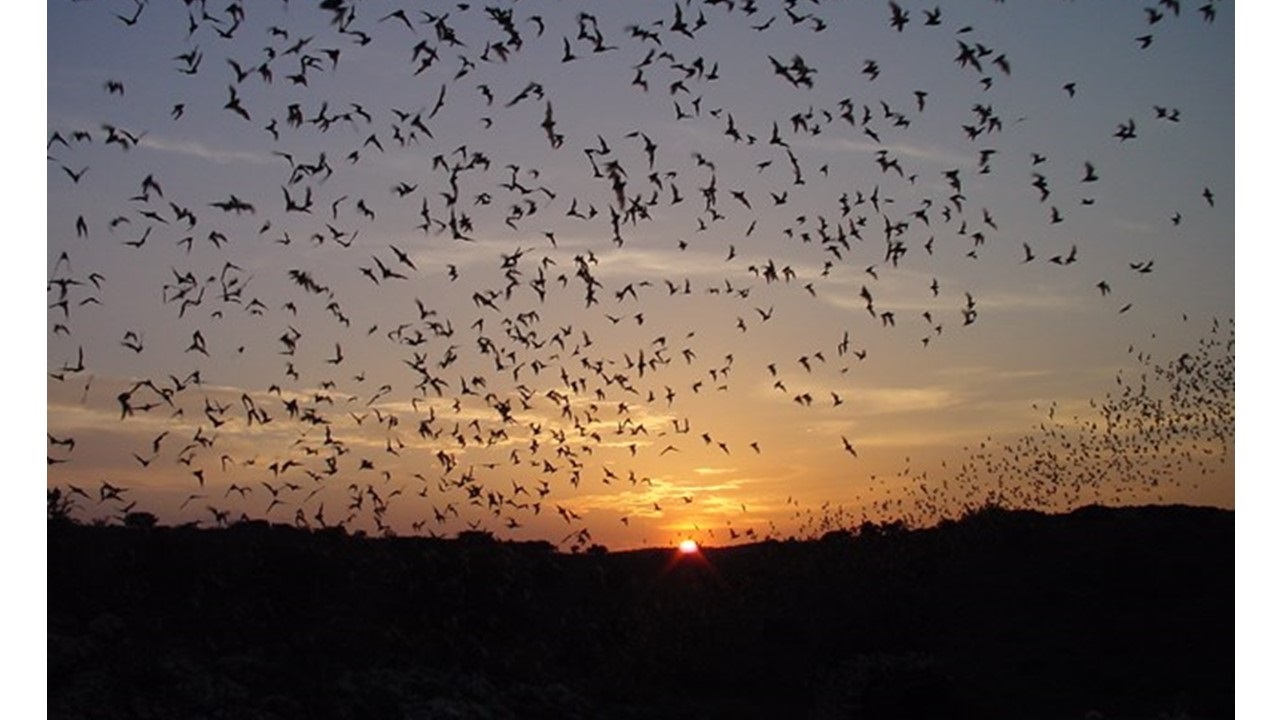.
Vesper
At dewfall Pipistrella brings
her silent flickering silhouette
to haunt the after-glimmerings
that linger on the garden yet.
And quiet overcomes the sky;
and shadow pacifies the night;
and indigos intensify
one lonely point of silver light.
Deeper stillness amplifies
the distant road, a far-off bark;
and purer blackness magnifies
the brilliance of one frozen spark.
Above a darkened hemisphere
where tired hearts lie whose day is done,
a single star rides cold and clear:
Vesper’s vigil has begun.
.
.
Heard in a Shell
At wandering’s end, we outcasts of the wild
explode in spray where rock and water meet,
or spend ourselves in whispers at your feet.
Yet we have rocked the cradle of the world:
we surged across tempestuous hemispheres
and latitudes of cold pelagic rage,
upheaving oceans on our pilgrimage
to rendezvous with you, this moment, here.
For you alone our voices from the deep
unite in one becalming lullaby,
and bring beneath a grey Atlantic sky
the promise of a dreamless tide of sleep.
Hear us; let our each expiring rush
heal your sadness; close your eyes, and hush.
.
.
Martin Briggs lives in Suffolk, England. He only began writing in earnest after retiring from a career in public administration, since when he has been published in various publications on both sides of the Atlantic.















Martin, I can envision the whimsical sights and sounds of nature in these two beautifully imaged poems that purred so smoothly to my inner being like from a seashell held to the ear. The are as enchanting as they are soothing.
Thank you Roy.
I feel a settled calmness in these lovely works.
Thank you Margaret. Success!
Both poems are beautiful confections of language. “Vesper” is mostly natural description, but with a strong suggestion of quiet melancholy. The second line in the fourth quatrain requires one to read “tired” as a monosyllable, or a disyllable with an internal quick elision. Or perhaps the poet deliberately intends a metrical alteration in that line to emphasize that it is the only direct mention in the poem of human beings.
“Heard in a Shell” is more daring — we hear the speech of an empty seashell, but the shell speaks in the plural, as if it were the spokesman for all such shells. The choice of intense words (explode, rocked, surged, tempestuous, rage, upheaving) tell of the sea and its fierce movement, and this is what the silent interlocutor hears when he puts the shell to his ear. Despite its clamor, it brings peace and sleep.
I like “Heard in a Shell” because it creates a poetic conceit out of a common belief (i.e. that you can hear the roar of the ocean if you hold a seashell to your ear). As a child I loved this fanciful idea, and believed it devoutly. In this poem the writer has re-imagined the notion in the shape of a talking shell that speaks for all shells, and that uses its oceanic noise as a way to calm and console a human being. And in doing so the shell speaks authoritatively, and almost imperatively, as if it represented a power beyond itself.
Thank you, Joseph, for these perceptive comments.
There are times of the year where I live that the evening sky is filled with bats. You’re poem vividly brings this to life. Adding in ‘Vesper’, ‘the Evening Star’, brings focus to the poem.
‘Heard in a Shell’ I found epic in its breadth of description and topics – and I learned a fabulous new word, ‘pelagic’!
Thanks for the reads, Martin.
Thanks Paul. Kind regards, Martin
The pairing of these two poems is inspired. Here we have two poems about the outer reaches of our world: the mirrored profundity of the sky above and the sea below. Both are inhabited by unnerving creatures: the bat and the mollusk. One is characterized by still silence, while the other, chaotic roar. Thank you for providing such a beautiful contrast to consider.
Thank you for your sensitive response, MD. Much appreciated.
You are a marvelous word-painter, Martin; and you make out of these words not only beautiful imagery (as in, “shadows pacify the night, and indigos intensify one lonely point of silver light”; “where rock and water meet”);
but also deep music (“explode in spray”; “spend ourselves in whispers at your feet”; “our voices from the deep unite in one becalming lullaby”.)
Thank you Cynthia.
Both of these are beautiful gifts. Thank you.
Thank you Marguerite.
Both of these poems are so lovely!
Thank you Patricia.
Martin, I have thoroughly enjoyed reading these two exquisite pieces. You paint scenes in wondrous words that have lifted me from the mundane captured my imagination. Thank you!
Thank you for reading them, Susan, and for your feedback.
A great contrast in poems for the evening! “Vesper” describes the quiet oversight of the evening star, emphasizing its lengthy brilliance in a lonely vigil. The octave of “Heard in a Shell” brings together, rather, the countless energetic though passive motions of a beached shell, which in the sestet promises the single beachcomber, who finds it and puts it to his ear, sleep. It’s as if the shell’s experience, combined with the sound of other shells in the tide, can cure a day of clamor and exhausted sadness for the hearer. Both are very beautifully calming poems for reading at the time of day when I’m commenting.
Thank you for these kind comments, Margaret. I’m glad you approve!